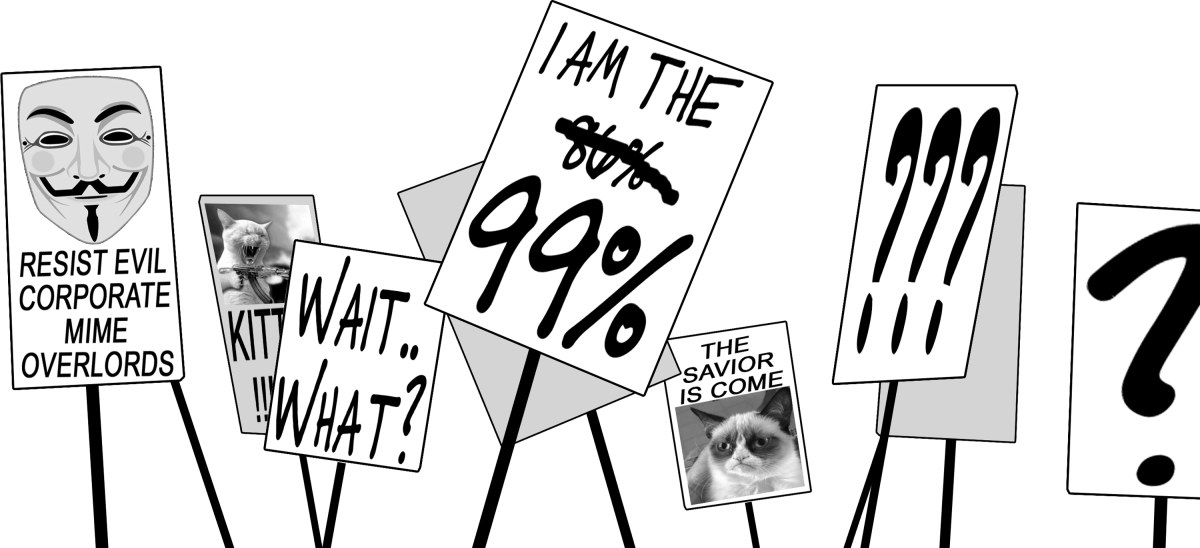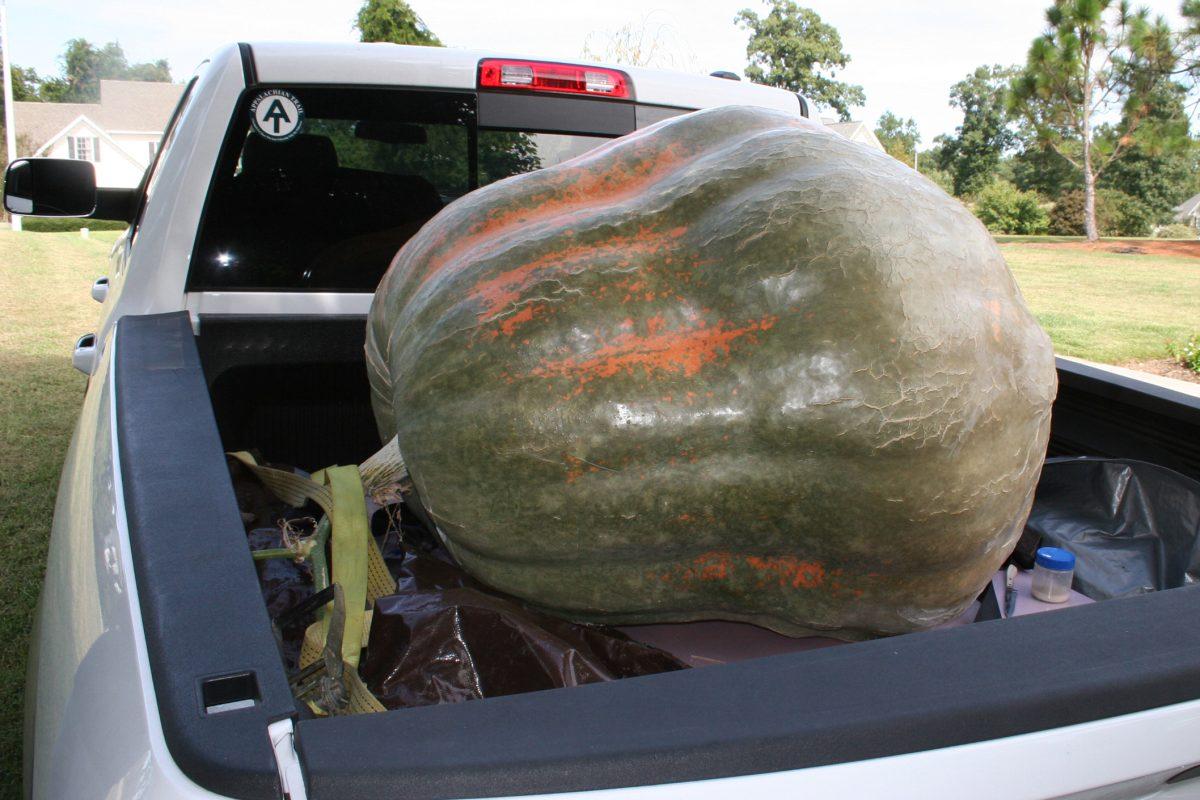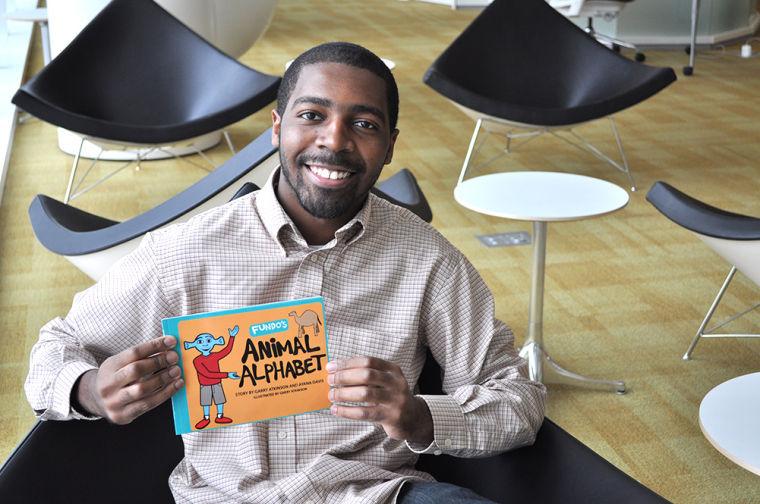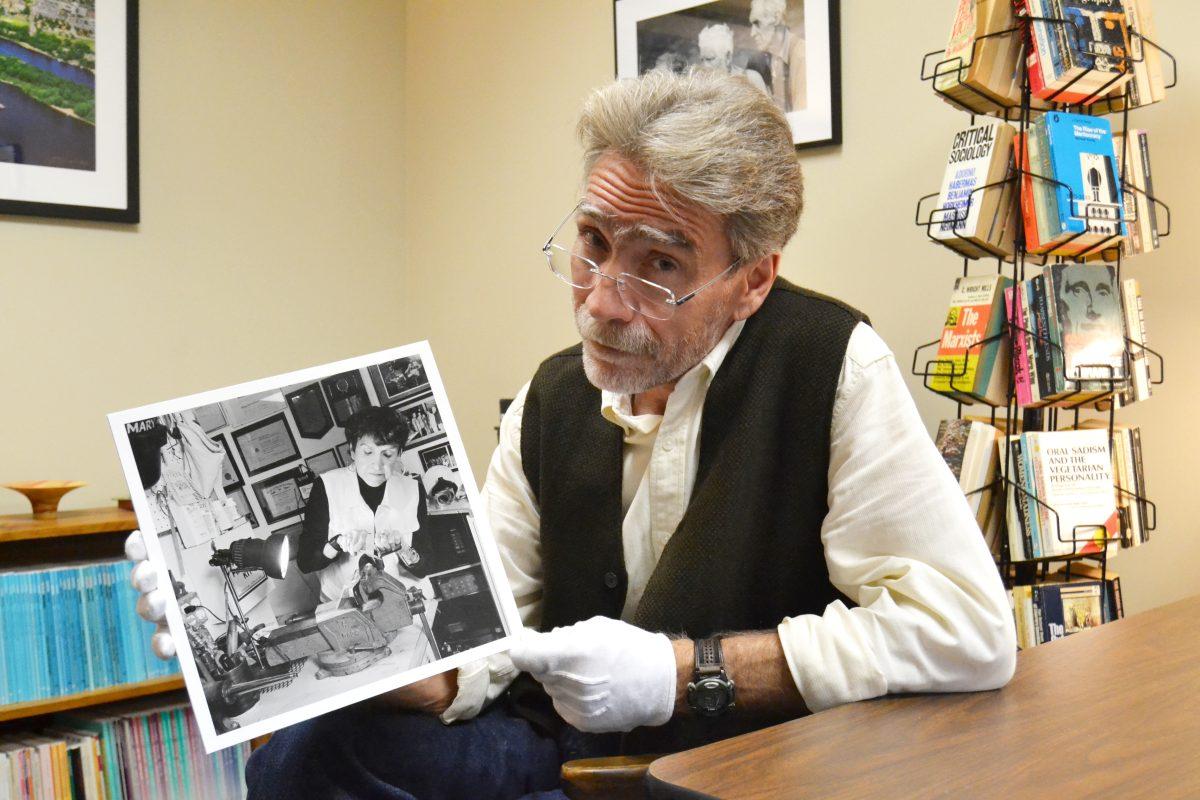Many who worked at and attended N.C. State still remember the thousands who rallied and demonstrated during the political and social movements that characterized the ‘60s and ‘70s. During the ‘80s, the sight of hundreds of students gathering in makeshift shantytowns in the Brickyard protesting apartheid and nuclear weapons was commonplace. Thousands followed the call from political leaders such as Louis Farrakhan and gathered at cities around the nation during the ‘90s.
Although the Arab Spring touched many students at NCSU, for more than a year, the student organization around social and political problems has lacked cohesion. However, according to Dick Reavis, an associate professor of English, the nature of riots and protests have evolved over the years and has taken on different forms as new social issues have emerged.
Student advocacy groups such as Occupy Raleigh and the N.C. Student Power Union continue to make their voices heard. Yet students remain fractured in their opinions regarding tuition hikes, disgraced Mary Easley’s pension and Chancellor Randy Woodson’s salary increase. And although, student advocacy groups have met during the past few weeks and contributed to online discussions about activism, they have yet to publically demonstrate about these latest issues.
After the Arab Spring in December 2010, along with the organization, Sacrificial Poets, Mohammed Moussa, a graduate student in computer science, travelled with his friend, Sameer Abdel-Khalek, a graduate student in environmental technology, to Egypt and Tunisia.
Abdel-Khalek said it was not until he made that journey to document the protests in the Middle East as part of the Poetic Portraits of a Revolution project that he gained what he considers to be a very small understanding of what it means to protest.
“For someone who hasn’t even seen [a protest], it’s so hard to fully know all about them,” Abdel-Khalek said. “Now that I’ve been there, I’ve seen that it’s extremely complex.”
Since Moussa and Abdel-Khalek have returned, they have found that many students have misunderstandings about protesting, and the two suggested that apathy remains prevalent among American students.
Moussa said that many students have a significantly less amount of pressure to speak up about the problems directly affecting them compared to those in the Middle East.
“The media usually focuses on main events to try and understand huge groups of people, and usually this platform fails,” Moussa said. “[Abdel-Khalek and I] interviewed a wide spectrum of people: old, young, protestors and spectators. There is a concept that more than one person spoke about, this idea of a personal revolution. Not only was there a big change in government but a personal change.”
Reavis said many students are invested in several social problems and said he remains confident that students have the ability to take action. However, many issues have yet to hit home to unite the student population.
Reavis, who participated during the Civil Rights Movement and the protests against the war in Vietnam, said no generation is free of flaws.
“It’s the generation that’s said to be so idealistic and pure that created the mediums that distract you now from politics or what popularize them,” Reavis said.
Once this current generation is finally tired of being pushed around, then it will eventually find its voice and take action in accordance to what it feels should be changed, Reavis said.
“People don’t become politically active because of what they read in books or see on the TV,” Reavis said. “They become politically active because something about their daily life irritates them. We opposed the Vietnam War, we in the anti-war movement because we didn’t want to fight in that thing because we had career plans, we had families or because we read in books about Vietnam once we realized we might too be drafted. Students ask me why they should care about the war in Iraq or Afghanistan when they don’t have to go, you couldn’t say that in the ‘60s.”
As time has progressed, protests have dwindled, causing the current generation to differ from the previous one, Reavis said. What was once driven by a desire for social reform can now be seen as a romanticized idea.
However, Moussa said that many students could still use some inspiration.
“In a way we have become apathetic towards certain things,” Moussa said. “We are pessimistic to bring about change to certain issues. Certain people will like the revolution on Facebook or re-tweet it, and others will go out and push for it. The protests don’t necessarily have to happen on the street. We’ve come to a point where all we need is a platform and a voice to speak up for the things that matter to us.”





